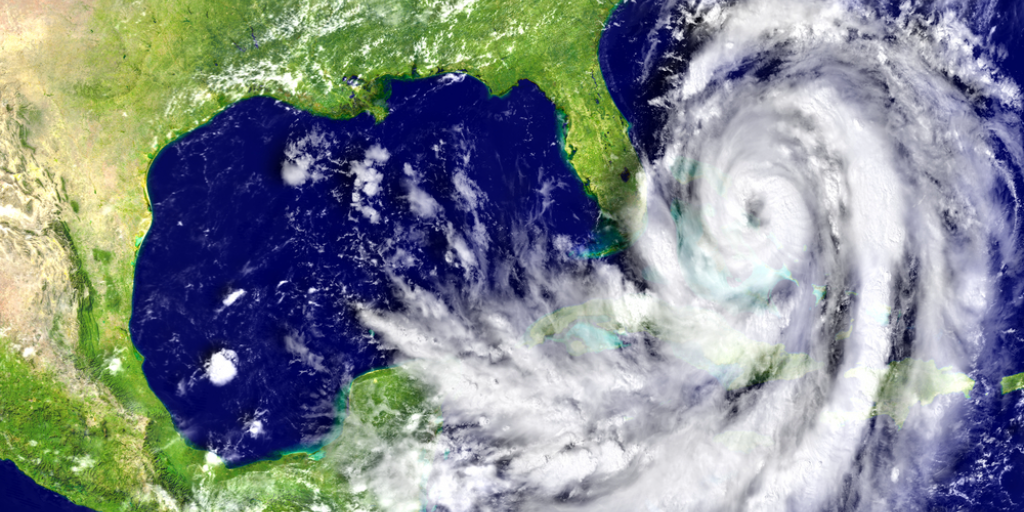Cut short
We use the phrasal verb “cut short” to describe ending an event, a situation, or an activity before we intended to—ending an event, a situation, or an activity before we wanted to end it.
Imagine you’re wandering around central London and you have exactly £8 in cash with you, no credit cards. You have a fiver and three £1 coins. You’re parched. That means, you’re really thirsty . You saunter into your local Slug & Lettuce pub, slide onto a barstool, and order your first pint of Guiness. It costs £4 exactly.
Ahhh, delicious! Goes down smooth. As you get ready to nod to the bartender for your next pint, you notice that dynamic pricing has just gone into effect . A pint of Guinness now costs £4.20. But you only have £4 exactly left.
You have to cut your night short. You have to end your night before you wanted to end it, before you planned to end it. You had every intention of sitting there and having a second pint of Guiness. You even had exactly £4, and this is London, so no need to leave a tip. But then the price went up unexpectedly and you didn’t have enough for the next pint. So you had to go home before you wanted to, before you had planned to. You had to cut your night short.
You can cut a meeting short. I was never important enough to cut a meeting short. Oh how I sometimes wanted to! But I was often in meetings where important people would cut the meeting short. We’d have half an hour on the schedule. I’d be presenting something I thought was really fascinating, captivating even. And then the really important person in the room would interrupt me and say, “Sorry, I have to cut this meeting short. Can you summarize the rest of this in an e-mail?”
Have you ever had to cut a vacation short? I’m trying to think if I have or not; I don’t think so. You might have to cut your vacation short due to bad weather. If you like to take your chances, you might book a hotel in the Caribbean in September. You can get some great deals! But then again , a hurricane might hit. If you see a hurricane coming your way, my recommendation is to cut your vacation short. Just end it early. That’s better than living through a bad hurricane on vacation.
Any activity can be cut short. You might have planned a five-mile hike, but it was hotter than you expected, so you had to cut your hike short. A politician might be giving a speech, but she has to cut it short if she’s behind schedule and has to get to the next stop.
Shohei Ohtani is a baseball player—you heard about him in Lesson 37 . His baseball season was cut short due to injury. A baseball season is a grueling 162 games. They play almost day. But with about two weeks left in the season, Ohtani injured his elbow. He would normally have played the full season, but he couldn’t this time. So we say his season was cut short, or, he had to cut his season short due to injury.
See you next time!
That’s all for today’s Plain English lesson. Remember this was lesson number 619, so if you’re looking for the transcript, you can find it at PlainEnglish.com/619. The transcripts are free. Other English learning podcasts charge for the transcripts—some of them charge a lot of money. We give them away for free. All you have to do is go to PlainEnglish.com/619 to get this one.
So you have that. We’ll be back on Monday with a new topic. See you then.
Use realistic expressions like a native speaker



